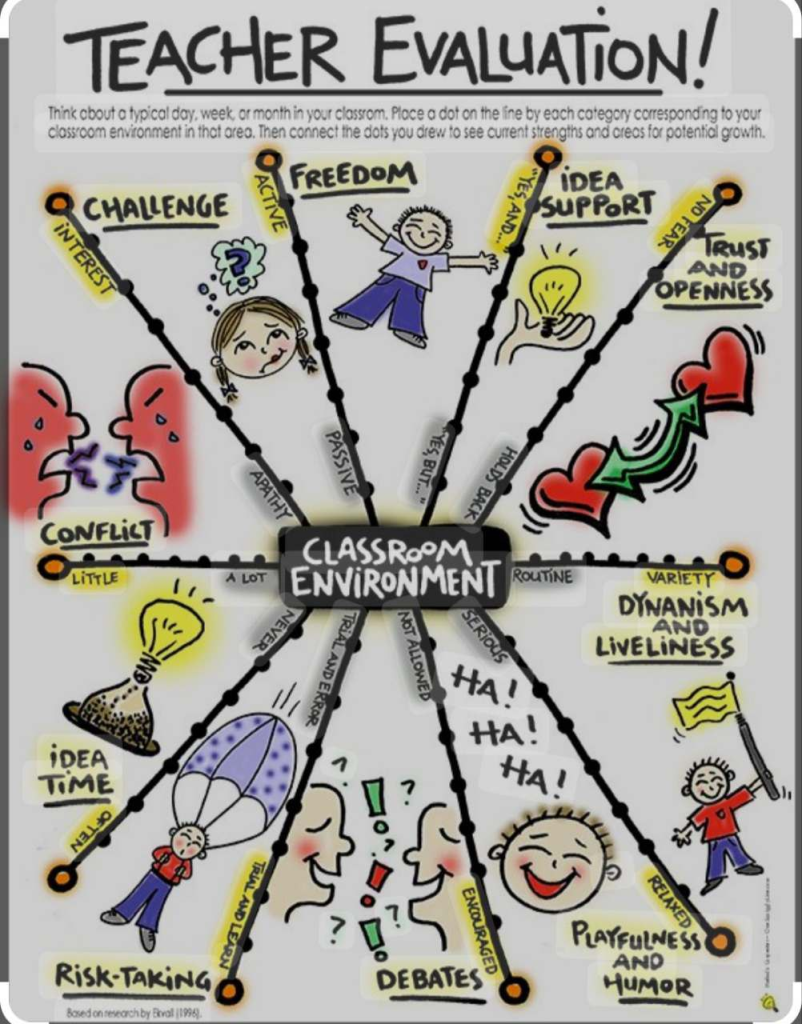
Contributor Eva Petropolou Lianou would like to let us know about this call for submissions of poetry to benefit a writer in Gaza (whom we’ve also published).
Also, contributing poet Christina Chin has a new book available now on Amazon, “First Day of the Rest.” This is a special project, a collaborative haibun/haibunga book written with Michael Hough, poet, composer, and musician featuring both photos and art by the authors. More about the book here.
Next, an announcement from contributor Chimezie Ihekuna, who is seeking an investor/executive producer for the project, One Man’s Deep Words. It is set in the US, details here.
Also, poet and prose writer Christopher Bernard would like to share that his magazine, Caveat Lector, will be giving a reading to commemorate the Winter 2025 issue, at Clarion Performing Arts Center. Information and address here.
In this issue, our international contributors address themes of passion.
Some writers explore this concept in the way modern people tend to understand it, with pieces on love of various sorts.
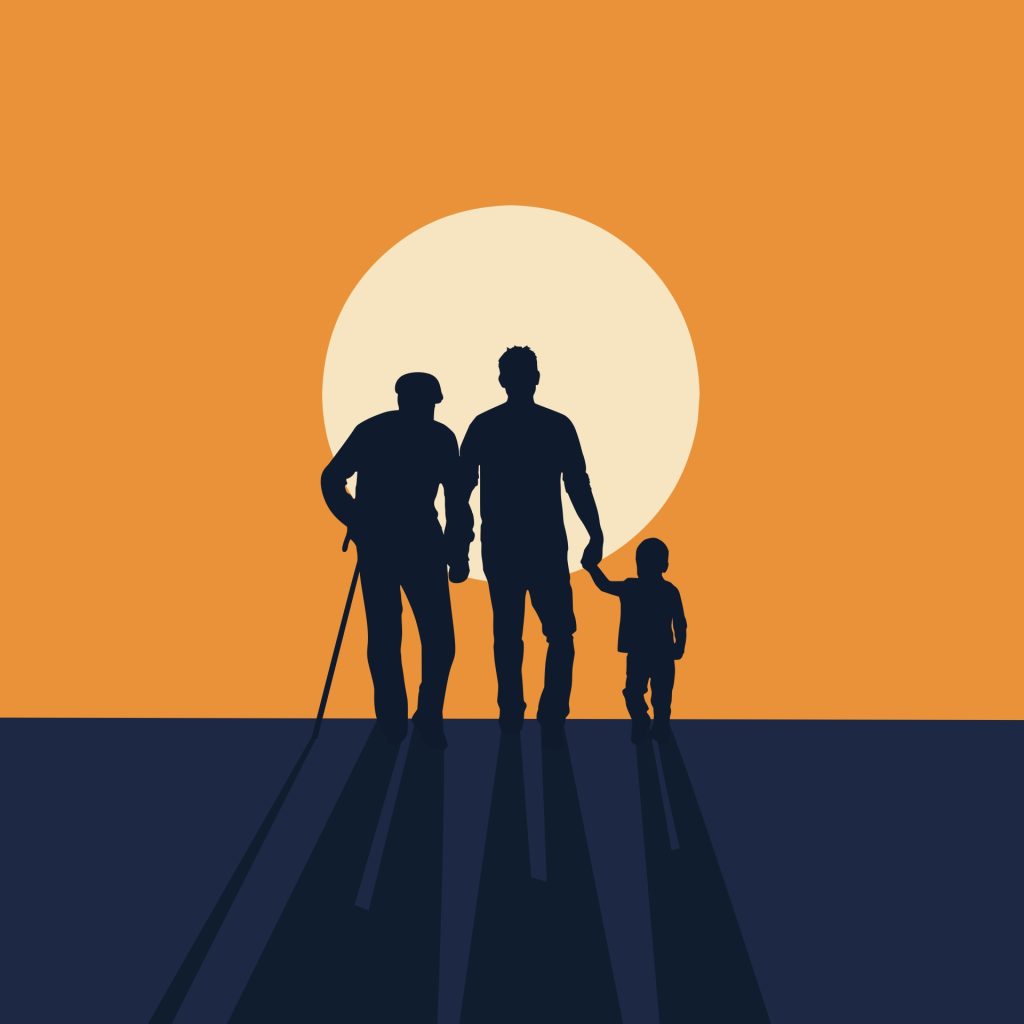
Madaminova Ogiloy’s tender poem praises the kindness and care of her mother. Ilhomova Mohichehra reflects on the steady consistency and dedication of her father. Xonzoda Axtamova honors a mother who cared for her children despite her own struggles.
G’ulomjanova Marjona reminds us that family love and care for parents should come before materialism and success in our short lives.
Anindya Paul’s piece compares the pressure of a son trying to live up to his father’s expectations to that of a father doing his best to provide for and raise children.
Teachers and other professionals also extend deep concern for the children under their care. Azadbek Yusupov outlines effective ways to evaluate teachers’ classroom performance. Medical student Dilshoda Izzatilloyeva outlines causes and treatments of pneumonia in young children.
Rus Khomutoff evokes a mix of spiritual and sensual feelings in his transfixing concrete dream poem. R.K. Singh’s poetry explores the feelings of men and women navigating complex sensual desires and emotions: fear, danger, lust, and ecstasy that can come with intimacy. Mark Blickley fills out the story in a bawdy Greek myth in historical speculative fan fiction.
Luis Cuauhtemoc Berriozabal fantasizes about imagined romances as his body slowly decays with time. Doug Holder crafts a mood of giddy romantic anticipation in his ekphrastic accompaniment to Gieseke Penizzotto Denise’s painting.
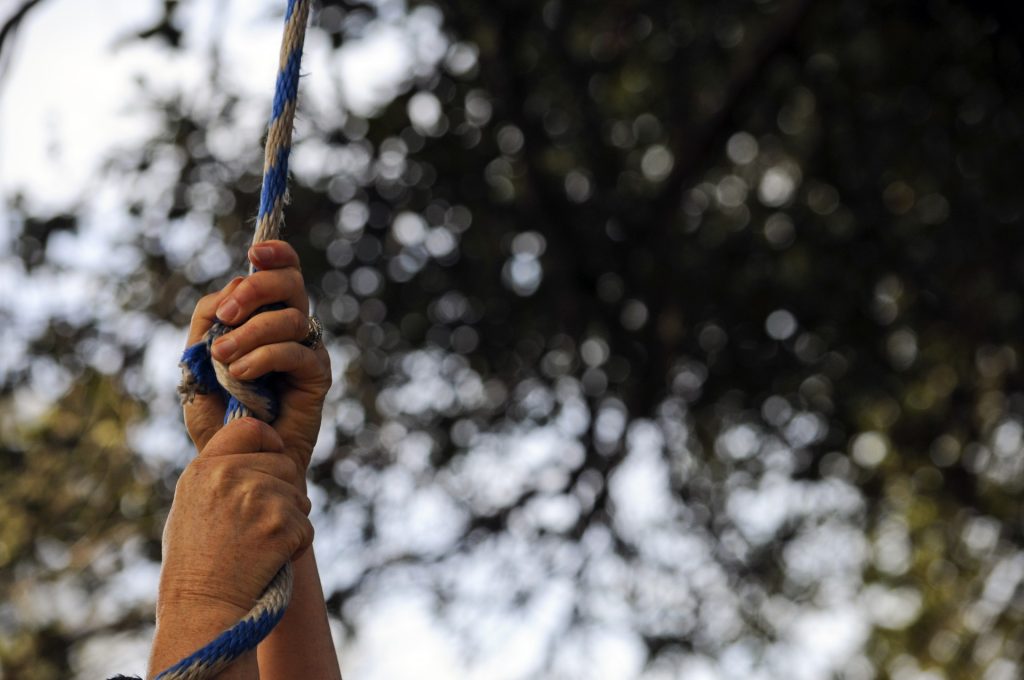
While the word has come to be associated with romantic emotion, the word “passion” comes from an old Latin word for suffering and originally referred to the willingness to endure much to reach one’s goals. Some of our contributors celebrate this kind of determination and perseverance, on their paths to personal or creative development or just to survive in the world.
Jacques Fleury reviews Lyric Stage Boston’s production of Lynn Nottage’s play Crumbs from the Table of Joy and discusses how the show highlights the struggles of working-class Black people for full inclusion in the United States.
In Bill Tope’s short story, a young woman rebels against the humiliation of an oppressive dress code.
Graciela Noemi Villaverde draws on gardening metaphors to describe the cultivation of character over time. Feruza Sheraliyeva writes of the corrosive nature of corruption on society and urges every individual to uphold ethical standards. Asadbek Yusupov outlines the balance between individual rights and civic responsibilities in Uzbekistan. Aminova Dilbar highlights the value placed on inter-ethnic harmony, equality, and mutual respect in Uzbekistan, codified into the highest levels of government.
David Sapp’s poetic speaker wishes to transcend this life to a higher spiritual plane, but human feelings keep calling him back to this mortal coil. Kieu Bich Hau remains resolute during her time of soul-searching loss on the shores of Italy’s Lake Como. Michael Robinson speaks to how his faith in Christ gives him joy and peace as he undergoes dialysis. Abigail George’s essay speaks to what it means to create in times of great struggle and societal marginalization.
Anna Keiko celebrates individuality in her short poem, encouraging readers to be unafraid to be themselves. Z.I. Mahmud highlights themes of female emancipation and agency and freedom from existing purely for the male gaze in Sylvia Plath’s poetry.
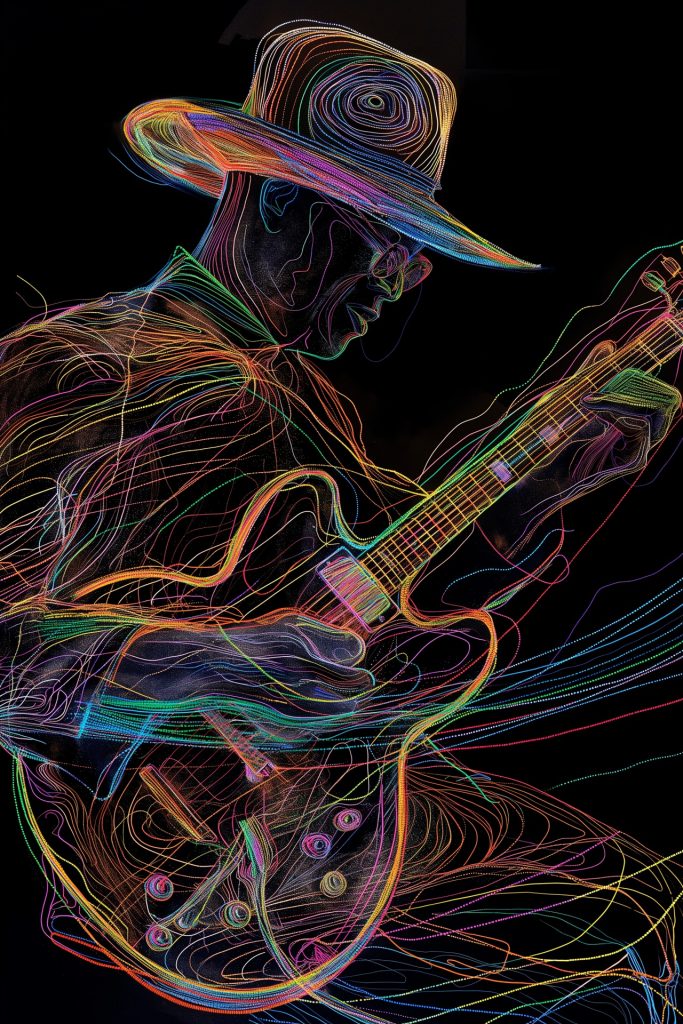
In his Reflective Thinking spoken word album and screenplay concept One Man’s Deep Words, Chimezie Ihekuna mulls over what makes for a wise and satisfying life. Sometimes, satisfaction can come through dedication to one’s craft.
Jacques Fleury’s poem on a day of solitude reminds us of what unites us all as human beings and brings his literary and cultural aspirations to clearer focus.
Stephen Bett evokes the feeling of hearing performance poetry at a reading in his concrete-ish piece, and also jeers at weaponized misogyny and reflects on chemical happiness. Patrick Sweeney crafts one-line poems that become near-stories with a thoughtful reading.
Poet and nature photographer Brian Barbeito outlines his creative process and goals in a creative personal essay. Kylian Cubilla Gomez’ photos this month explore mediated images of nature: drawings and cartoons we create to interface with our world from a step removed.
Actor and writer Federico Wardal spotlights Egyptian actor Wael Elouny and Italian director Antonello Altamura and their new indie film Ancient Taste of Death. Mark Young’s mix of intriguing and explosive visual pieces meld color, shape, text, and design. Texas Fontanella mixes up chatspeak and everyday language in a cyberpunk-style set of surreal anecdotes and shares some intense, wild musical vibes.
Maftuna Mehrojova outlines basics of and new directions in the craft of business marketing and communications. Gulsevar Bosimova describes and takes pride in her proficiency in traditional Uzbek martial arts.
Dilbar Koldoshova Nuraliyevna writes of how Uzbek poet Abdulla Oripov’s works were grounded in his love of his homeland. Joseph C. Ogbonna reflects on his trip from Nigeria to visit John F. Kennedy’s birthplace and rhapsodizes on the glory of the past president and his times.

Another aspect of passion, or love, is grief for what we lose. Ahmed Miqdad mourns loss of life, hope, and joy in Gaza during wartime.
Christopher Bernard laments in mythological, epic language the loss of so much beauty and history to the flames in Los Angeles. Pat Doyne grieves not just the fires in Los Angeles, but the callousness of some in society towards the survivors and the natural environment.
Rob Plath’s poetry conveys the understated numbness of grief and remembrance as Ahmad Al-Khatat’s character sketch illustrates the emptiness and fragility that can come with being displaced from one’s homeland and loved ones. In a more upbeat tone, J.K. Durick recollects fragments of people and literary works that populated his youthful consciousness and now his dreams. Taylor Dibbert reflects on the passage of time through a brief encounter with someone he remembers from long ago.
Linda S. Gunther reviews Nikki Erlick’s novel The Measure, a tale asking big questions about mortality, purpose, and destiny through the lives of carefully drawn, highly individual characters. Wazed Abdullah reminds us to cherish life, with all its ups and downs as Mahbub Alam points out how we are all mortal, how time ticks quickly for us all.
Yucheng Tao’s impressionist poetry touches on themes of memory and loss while Mykyta Ryzhykh draws on imagery of death, decay, and natural renewal.
Lazzatoy Shukurillayeva translates a poem from historical Uzbek poet Alexander Feinberg about the brevity of life and the vanity of assuming you can make yourself great in a short time. Noah Berlatsky humorously reflects on how perhaps most of us do not need to be memorialized through ponderous tomes.
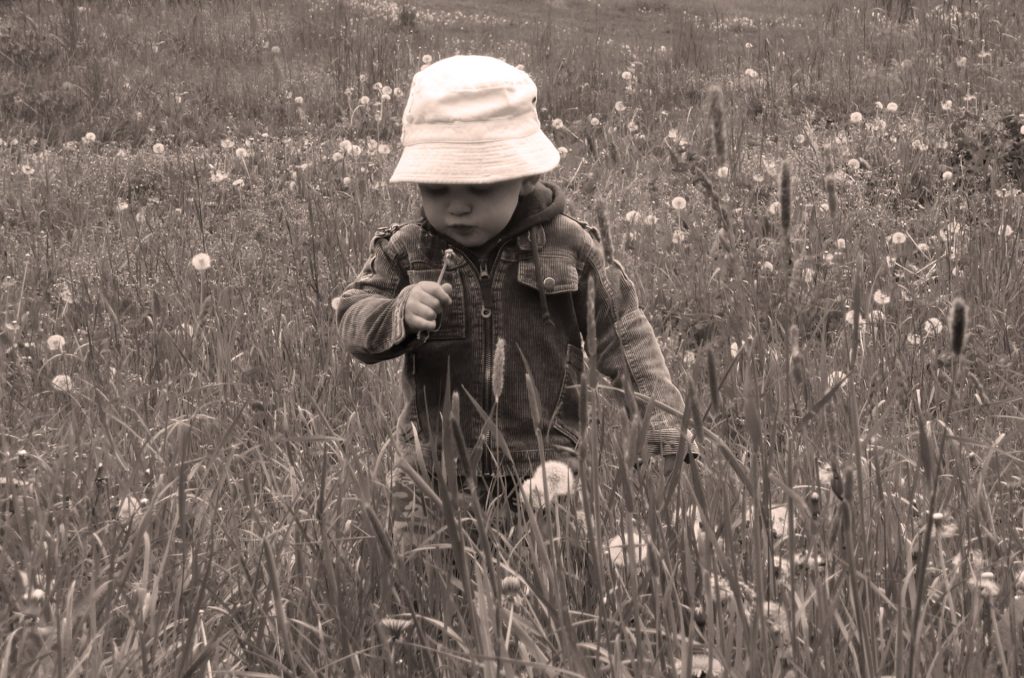
Despite the finite nature of our lives, some people take passionate enjoyment in our ordinary world.
Dr. Jernail S. Anand recaptures the wonder of childhood and urges his fellow adults to reclaim youthful curiosity.
Isabel Gomez de Diego’s photos suggest the wonder in everyday scenes: a mural of a wine toast during a meal, public fountains, loaves of sourdough bread. Lidia Popa waxes poetic on birds and green butterflies as Alan Catlin sends up many different ways of looking at winter, summer, crows, and the moon.
Sayani Mukherjee illustrates the rebirth of sunrise as winter gives way to spring and she rejoins the outdoors in her running shoes.
In another kind of rebirth, we’ve just barely started another planetary journey around the sun. Lilian Dipasupil Kunimasa welcomes in the Northern Hemisphere’s wintry New Year and speaks of the difficulty of conveying the feel of snow to someone in a temperate climate. Maria Cristina Pulvirenti’s minuscule haiku captures how snow can muffle sound, dulling the senses to focus your attention.
Daniel De Culla cynically speculates that selfish human nature will not change much in the New Year. J.J. Campbell considers signs of hope in his life, then rationalizes each of them away. And, in another piece, Ahmed Miqdad contrasts the human suffering in Gaza with the world’s joyful holiday celebrations. Pat Doyne reflects on quirky, hopeful, and fearsome bits of 2024’s news cycle and wonders playfully about 2025.


